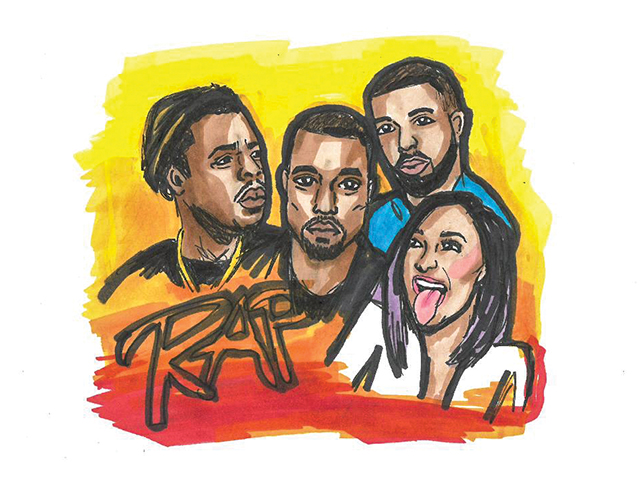
[dropcap]D[/dropcap]CU’s strategic plan to become a carbon neutral campus by 2022 is a huge stretch according to its sustainability officer.
“I would love to think we would be able to do it in five years for one of the campuses, I think that’s a huge stretch, particularly seeing as we still have resource constraints within the educational sector,” Samantha Fahy said.
The aim to become carbon neutral was announced last month as part of DCU’s sustainability strategic plan, which is one of nine plans announced, with targets set for 2022.
The carbon footprint for the Glasnevin Campus is dominated by energy consumption, making up 60 per cent and transport at 20 per cent. These are two big areas DCU has to tackle but Fahy is positive about the progress that has been made so far.
‘’DCU have been signed up for energy targets for donkey’s years, we were set a target to reach a 33 per cent reduction in our energy consumption by 2020. As of this year, we are at 32 per cent,” said Fahy.
To achieve the goal of becoming carbon neutral, Fahy aims to learn from the Glasnevin campus and implement that to St. Patrick’s College and All Hallows. As part of the five-year plan, the buildings on the campuses aim to become smart buildings, by installing sensor driven LED lights for example.
While the Glasnevin campus has been the best to date in reducing its energy consumption, Fahy thinks the focus will be on making All Hallows the exemplar carbon neutral campus.
‘’Its smaller, it’s more compact. Glasnevin is getting bigger, when you build more your energy consumption goes up’’.
To become a carbon neutral campus, Fahy believes we should not be looking at carbon credits, which allows a country or organisation to produce a certain amount of carbon emissions that can be traded if the full allowance is not used.
“We shouldn’t be saying that this is a carbon neutral campus because we bought so many carbon credits to offset the carbon we’re consuming. I don’t see that as us making the necessary behavioural change to actually make the difference.
Consuming someone else’s carbon is not the way to do it.”
DCU is one of the leading institutes in the country in energy reduction, but sustainability is not something that the university is competing on. According to Fahy, DCU does a lot of work with other institutions. A campaign is currently being worked on with other universities to target the removal of paper coffee cups.
‘’We are an educational institution, we must lead by example, and if we don’t who’s going to?’’ said Fahy.
Adam Daly



